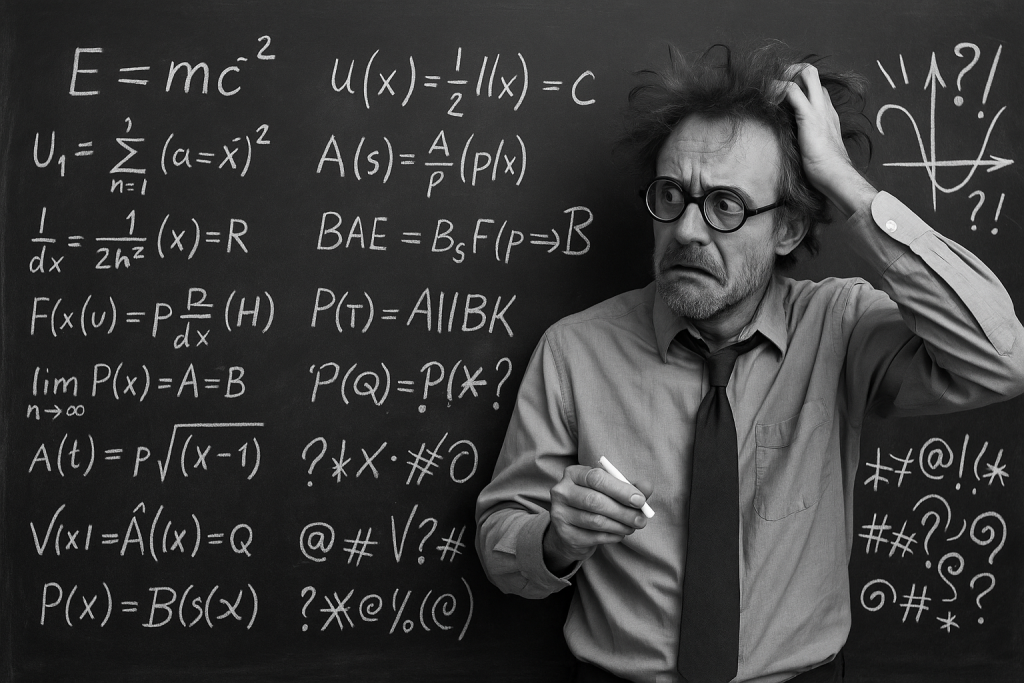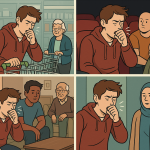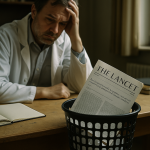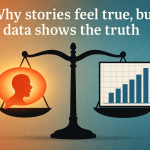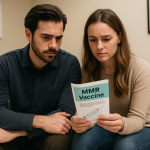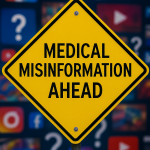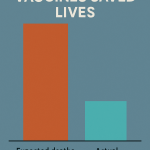We’ve all heard them.
“The pandemic was planned.”
“Doctors are hiding the cure for cancer.”
“The vaccine is a cover for population control.”
At first glance, some of these claims might seem plausible—especially if you’re already feeling suspicious of Big Pharma or burned by the healthcare system. But here’s the thing:
The math doesn’t work.
When you look closely—not emotionally, but logically—most large-scale conspiracy theories collapse under their own weight.
And that’s not opinion. It’s probability.
🧮 The Bigger the Conspiracy, the Faster It Fails
In 2016, physicist David Robert Grimes published a paper in PLOS ONE modeling how long a conspiracy could stay secret.
He calculated that even a perfectly loyal group of conspirators—people fully committed to the lie—would still fall apart fast as the number of people involved grew.
🚨 Example: If just 5,000 people knew the truth? The odds are the secret would get out in under 4 years.
If 100,000 people are involved (as many COVID or vaccine conspiracies would require)? Months.
Secrets are like radiation: they leak. Fast.
🧠 Why We Want to Believe
Psychologically, we’re wired to look for patterns and assign blame. When something terrifying or unjust happens, the idea that it was planned gives us a weird kind of comfort.
Conspiracy theories:
- Simplify complex systems
- Offer a villain to hate
- Give us the illusion of control (“I know the real story”)
But this instinct doesn’t mean the theory is true. It just means we’re human.
🧪 What Real Conspiracies Actually Look Like
Yes, conspiracies happen. Think:
- Watergate
- COINTELPRO
- Volkswagen’s emissions scandal
But here’s what those have in common:
- Involve small numbers of people
- Get exposed quickly
- Leave paper trails and whistleblowers
In contrast, many medical conspiracy theories claim there’s a coordinated cover-up involving:
- Tens of thousands of doctors
- Hundreds of researchers
- Entire global agencies
- And somehow… not a single reliable leak
That’s not a cover-up. That’s a Marvel movie plot.
🧬 Let’s Apply the Math to Common Medical Conspiracies
“COVID was planned as a global hoax”
So… governments, doctors, hospitals, and scientists worldwide faked a pandemic—and not a single disgruntled bureaucrat leaked hard evidence? Not one?
“The vaccine is a microchip tracking device”
You’re telling me millions of nurses, pharmacists, and production staff injected people with microchips—and never once slipped up or blew the whistle?
“Doctors are hiding the cure for cancer”
There are 17 million healthcare workers in the U.S. alone. If a miracle cure existed and was being buried? Someone’s mom, brother, or spouse would’ve leaked it. Period.
“They’re inflating COVID death counts to get money”
So hospital admins, coroners, nurses, and family members are all fabricating death records—and doing it consistently across states, political parties, and countries?
It’s not just improbable. It’s logistically impossible.
🤝 The Truth Is Boring. And That’s Why It’s Real.
Public health is messy, slow, full of trial and error, and usually involves people trying their best in impossible situations.
That doesn’t make it perfect.
But it’s a far cry from the global, coordinated evil these conspiracy theories imagine.
The truth isn’t flashy. It isn’t thrilling. But it’s this:
Science works. And secrets don’t.
Last Updated on June 27, 2025

